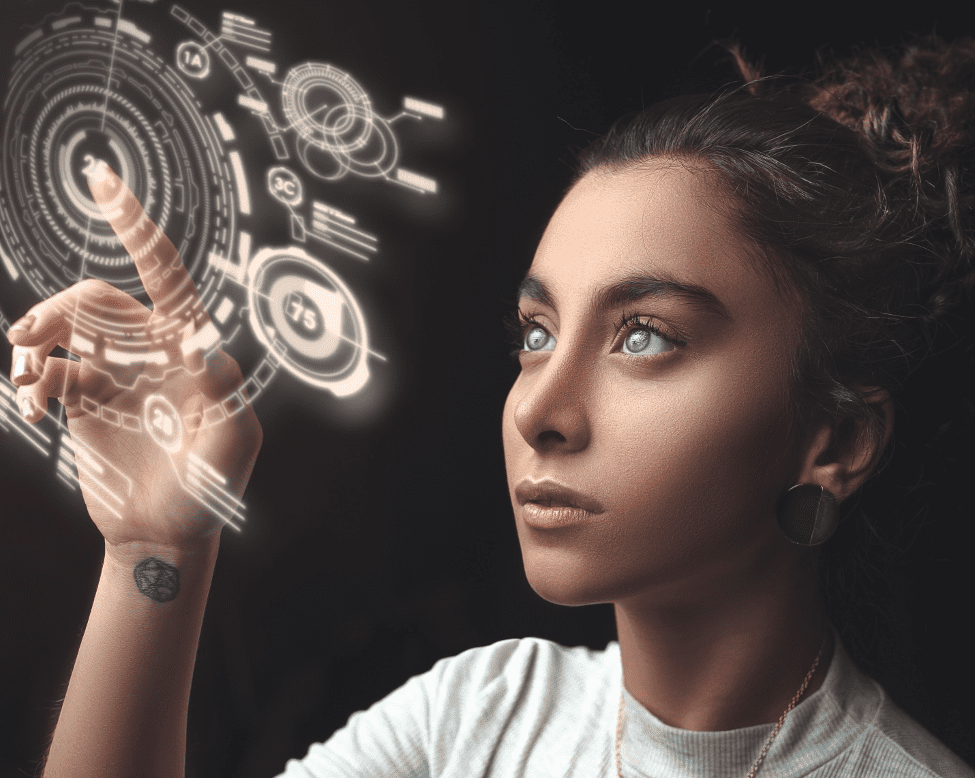In December 2022, a groundbreaking event sent shockwaves through education and technology. The release of ChatGPT marked a turning point in how we access, engage with, and document information.
While the emergence of ChatGPT may have caught many by surprise, it is a culmination of advancements in chatbots and Large Language Models (LLMs). These sophisticated computer programs have the power to simulate and process human conversations, both written and oral, reshaping the landscape of teaching and learning.
The Power of Language Models
At the heart of ChatGPT lies the acronym “GPT,” which stands for Generative Pre-trained Transformer. Unlike its predecessors, this transformative chatbot is not confined to predicting single words; it can generate entire paragraphs.
However, it’s important to note that these AI programs, while impressive, are not infallible as they may lack fact-checking mechanisms. This article delves into the implications of ChatGPT as a specific AI program and the broader impact of AI in education.

Monstera Production/ Pexels | Foster digital literacy skills among students
The Impact of ChatGPT
The advent of ChatGPT has sparked debates within academia. Some educators view these tools as potential threats to comprehensive learning, fearing that they could serve as shortcuts that hinder students’ development of critical thinking and originality.
Conversely, others see these AI applications as valuable aids for brainstorming, overcoming writer’s block, and generating initial drafts—a means to prepare students for a world where AI is integral to daily life. Academics must acknowledge the rapid changes AI is bringing to the educational landscape.
The Evolution of AI in Education
ChatGPT is a logical progression from word processors, spell checkers, grammar checkers, autocompletion tools, and predictive text programs. While predictive text programs are a subset of AI, AI programs like ChatGPT possess broader capabilities. Nevertheless, the pivotal factor remains the quality of input, often summarized by the phrase “GIGO”—garbage in, garbage out.
Unlocking the Potential
The potential of ChatGPT spans both positive and negative realms. In a surprising turn of events, a paper authored by ChatGPT passed peer review, initially leading reviewers to believe a human wrote it. However, when its AI origins were revealed, errors became apparent.
Similarly, ChatGPT managed to deceive scientists almost one-third of the time. Nonetheless, AI detection tools like the GPT-2 Output Detector and Turnitin now have integrated AI detection capabilities, safeguarding against such deception.

Andrew Neel/ Pexels | Encourage technology use as a tool, not a substitute, for human abilities
The Future of AI in Academia
AI is gaining traction in various fields, including medicine, where its applications come with a framework of safeguards. In a study involving ChatGPT, benefits were noted in 85% of cases, offering alternative perspectives on diagnoses.
The discourse surrounding AI-generated writing in academia is still in its infancy, but educators must not only coexist with this innovation but also consider its integration into teaching methods. Preparing students to use these tools responsibly, addressing ethical concerns related to plagiarism, and enhancing digital literacy are essential steps for the future.
Recommendations for Educators
In 2023, The Chronicle of Higher Education reported on a virtual forum attended by 1,600 participants discussing the impact of ChatGPT on education. Recommendations emerging from the forum include:
Communication
Engage in open conversations with students about ChatGPT’s role in their learning journey.
Caution
Exercise caution while using detection tools to maintain academic integrity.
Diversify Tools
Utilize a variety of tools to enhance academic integrity.
Educational Aid
Incorporate ChatGPT as an educational tool.
Digital Literacy
Foster digital literacy skills among students.
Initiate Dialogue
Start conversations within your campus or discipline about integrating AI.

cottonbro studio/ Pexels | To harness ChatGPT’s potential effectively, users should employ keywords and verbs to convey their intentions
Applications of ChatGPT in Education
Promoting critical reading and editing skills is a noble endeavor. ChatGPT can play a pivotal role in this mission by:
Positive Uses of ChatGPT:
- Brainstorming: Assisting students in generating ideas and overcoming writer’s block.
- Writing Assistance: Creating first drafts and proofreading for spelling, grammar, and citation errors.
- Research Assistance: Facilitating the discovery of relevant sources and summarizing information.
- Promoting Digital Literacy: Encouraging the evaluation of information trustworthiness and the use of reliable sources.
- Teaching Academic Integrity: Detecting academic dishonesty, nurturing critical thinking, and fostering original ideas.
- Iterative Conversations: Leveraging the “Regenerate Response” feature for refining dialogues and obtaining satisfactory responses.
Negatives of ChatGPT:
- Reduced Critical Thinking: The potential for diminishing critical thinking and originality.
- Abuse Potential: The risk of misuse, including creating fake academic articles.
- Inaccuracy: The occasional generation of inaccurate or untrustworthy information.
- Overreliance on Technology: An overdependence on AI-generated content at the expense of human engagement and creativity.




